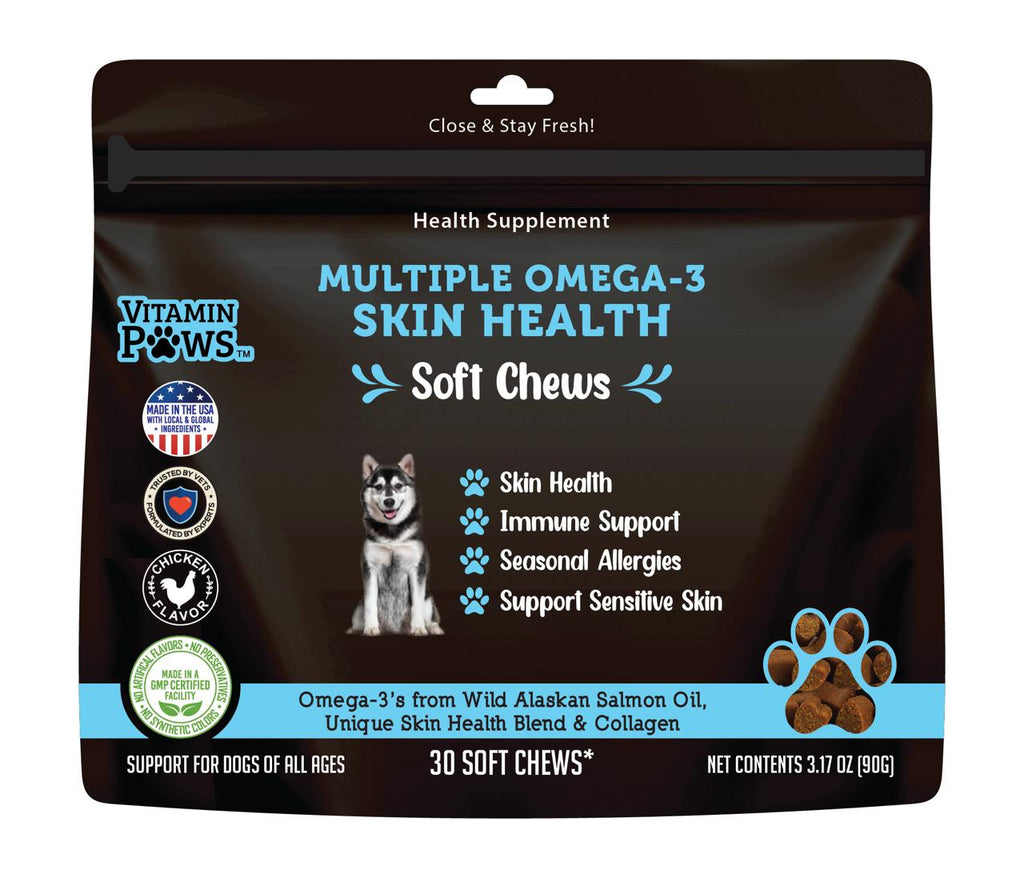Dogs are known for their loyalty, companionship, and wagging tails, but one of their most striking features is often their coat. A glossy, healthy coat not only looks beautiful but is also a key indicator of a dog's overall well-being. From luxurious fur to short, sleek hair, a Dog coat health can vary greatly depending on breed, genetics, and care. Ensuring your furry friend has a healthy coat involves a combination of proper nutrition, grooming, and attention to any signs of underlying health issues.

Nutrition Matters: Feed for a Shiny Coat
The phrase "you are what you eat" holds true for our canine companions as well. A dog's coat health is deeply influenced by their diet. Essential fatty acids, particularly Omega-3 and Omega-6, play a vital role in maintaining skin and coat health. Look for dog foods that list these fatty acids as ingredients, such as fish oil or flaxseed.
Protein is another crucial component. Dogs need protein for healthy skin and coat development. Opt for high-quality protein sources like chicken, beef, or fish. If you're unsure about your dog's diet, consult with a veterinarian to choose the best food tailored to your dog's breed and needs.
Grooming Rituals: Brush, Bathe, and Shine
Regular grooming is not just about keeping your dog looking sharp; it's also essential for their coat health. Brushing helps remove loose fur, dirt, and debris, preventing tangles and mats. For long-haired breeds, daily brushing is recommended to prevent knots and distribute natural oils for a shiny coat. Short-haired dogs benefit from weekly brushing to maintain a healthy sheen.
Bathing should be done as needed, depending on your dog's activity level and coat type. Use a dog-specific shampoo that won't strip their coat of essential oils. Over-bathing can lead to dry, flaky skin, so aim for a balance. After bathing, ensure thorough rinsing to prevent residue buildup, which can irritate the skin.
Watch for Signs: Detecting Coat Problems
A dog's coat can be a window into their overall health. Changes in coat texture, excessive shedding, or bald patches could indicate underlying issues. For example, dry, dull fur might signal a lack of essential nutrients, while excessive shedding could point to stress or health conditions.
Regularly inspect your dog's coat and skin during grooming sessions. Look for signs of fleas, ticks, or skin irritation. Parasites like fleas can cause intense itching and lead to skin problems if left untreated. If you notice anything unusual, such as redness, bumps, or flakes, consult with your veterinarian promptly.
Supplements and Treats: Boosting Coat Health
In addition to a balanced diet, supplements can be beneficial for maintaining a healthy coat. Omega-3 fatty acid supplements, such as fish oil, are popular choices for promoting skin and coat health. These supplements can help reduce inflammation, improve skin elasticity, and add shine to the coat.
There are also specialized treats designed to support coat health. These treats often contain ingredients like biotin, zinc, and vitamins that promote healthy skin and fur. Incorporating these treats into your dog allergy supplement routine can be a tasty way to enhance their coat's appearance from the inside out.